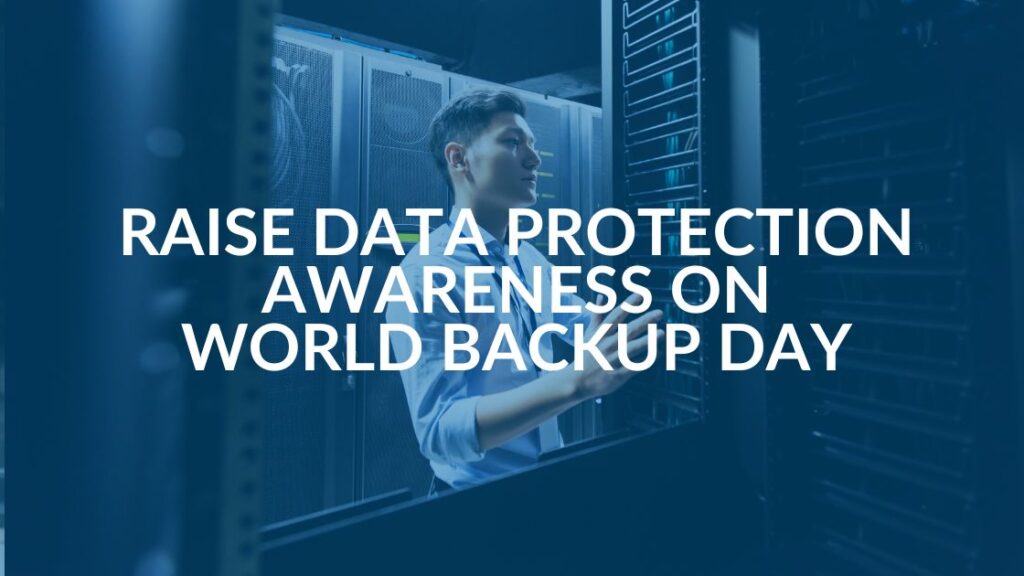Email Phishing Scam Targets Shark Tank Host
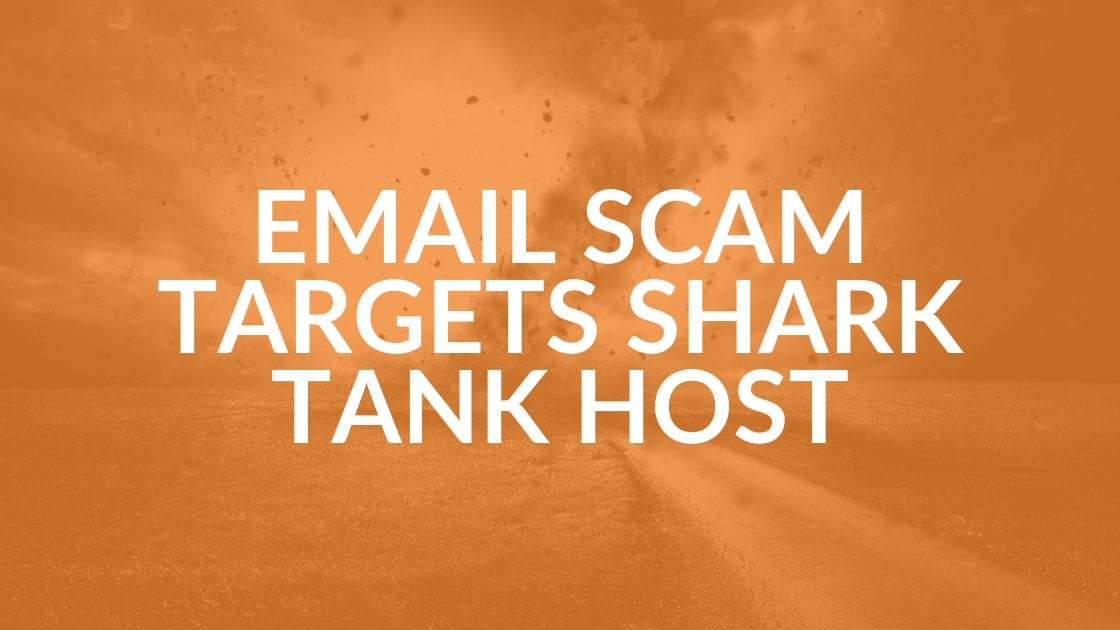
Recently, you may have seen on the news that businesswoman and Shark Tank television show host, Barbara Corcoran, was a victim of an email phishing scam of approximately $380,000. Luckily for her, there was a happy ending: Corcoran’s bank was able to freeze the wire and prove it was a scam before the money was actually sent to the criminals.
Oftentimes we read stories like this and think it could never happen to us. However, we’ve seen lots of these types of scams over the past several years. The only reason this particular case is in the news is because it happened to someone famous, not because it is uncommon.
For example, almost the exact same scam happened to a lesser-known individual in 2016. Not only was this a similar scam, but it was also a similar amount of money. In addition, here is another story where a victim was tricked by sophisticated email hacking for a similar amount.
Specifically in businesses, scammers are using a range of techniques to distract from their crimes. This article explains how phishers use emails to act like they are experiencing payroll issues as a way to gain bank account information. It’s critical to detect these types of emails and be cautious about fraudulent scams that can victimize anyone.
Protect Yourself From an Email Phishing Scam
I’m glad Barbara Corcoran’s incident was in the news because it raises awareness, but I’m upset that this keeps happening, and that it’s still so common. Be aware that email phishing can affect all of us, not just celebrities or people with more money in the bank. Common victims of email phishing include the elderly, college students, nonprofits, religious organizations, celebrities and CEOs of companies. As always, be cautious about giving out personal information to unknown sources.
Share this Blog
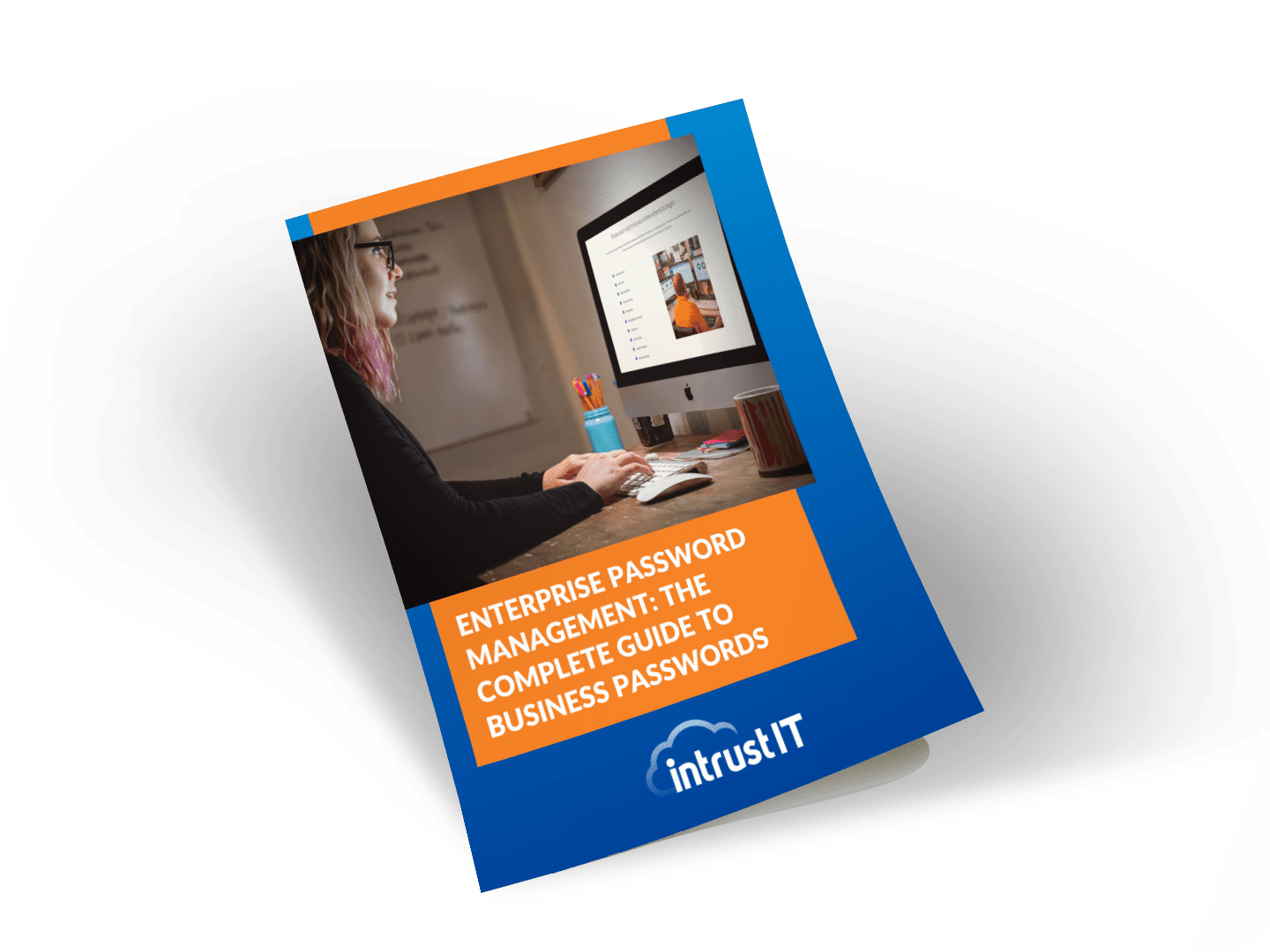
Is Your Name or Birthday a Part of Your Password?
If so, you’re a part of the 59 percent of people who don’t follow proper password hygiene. More than 70 percent of passwords are used for more than one system, meaning if cybercriminals crack one, they can access a lot more accounts.
Our free Enterprise Password Management Guide will give you the best password hygiene practices to help you secure your computer and your business.
Download the Guide
Explore the Latest Trends in IT

Edge vs Chrome Security: Which Is the Best Browser for Your Business?
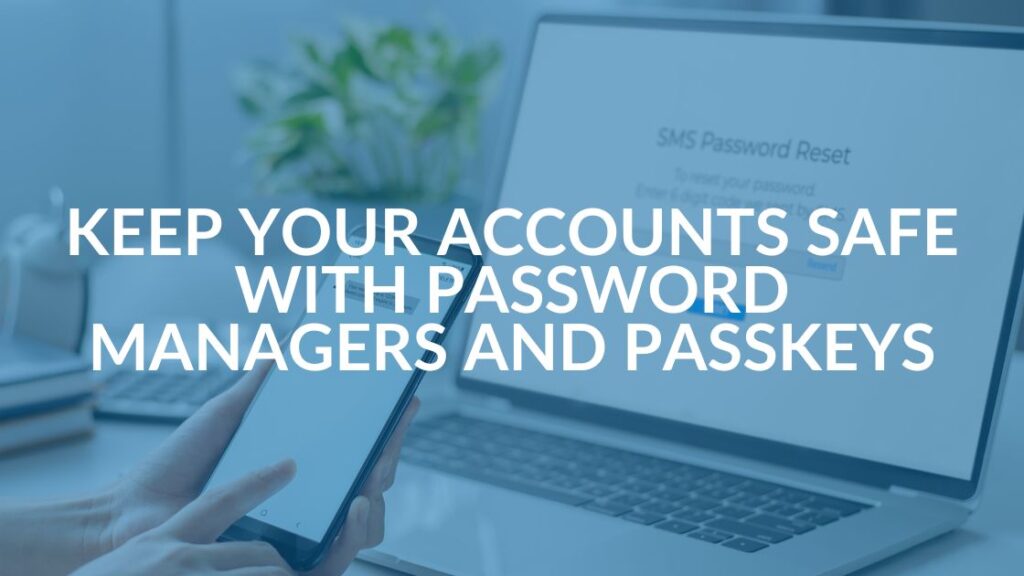
Unlocking Security: The Power of Password Managers and Passkeys for Business Professionals
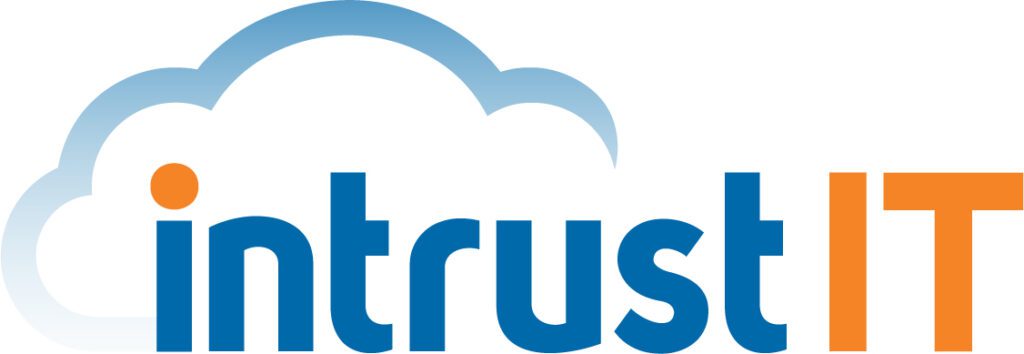
Intrust IT Acquires Commercial IT Support Division of Entegrity Consulting Group
